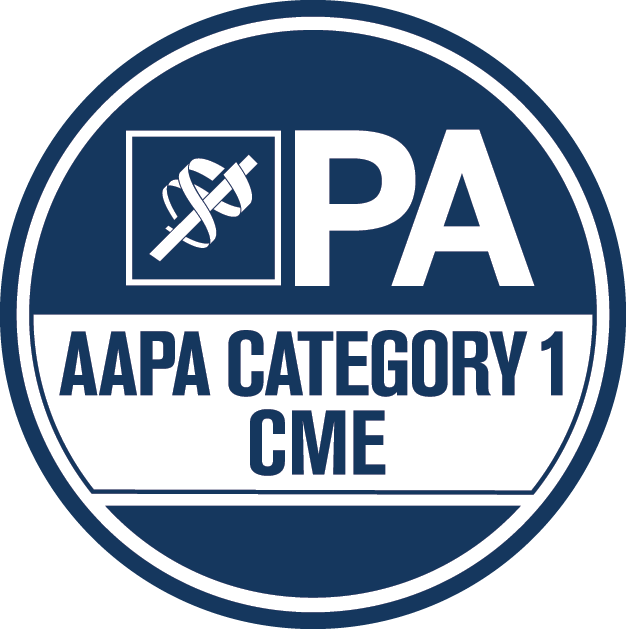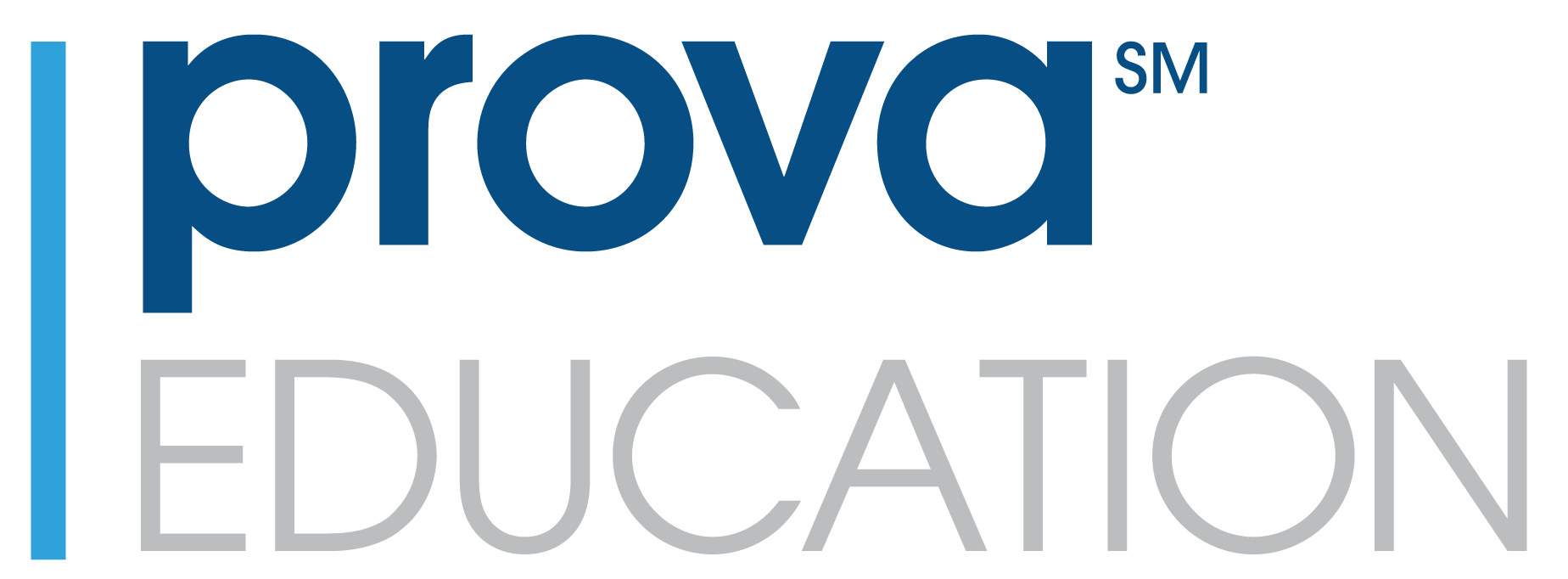Announcer:
Welcome to CME on ReachMD. This episode is part of our MinuteCME curriculum.
Prior to beginning the activity, please be sure to review the faculty and commercial support disclosure statements as well as the learning objectives.
Dr. Cowan:
This is CME on ReachMD, and I'm Dr. Ethan Cowan. Here with me today is Dr. Edwin Salsitz.
So let's discuss off-label but often useful medication approaches to the treatment of patients with alcohol use disorder. Dr. Salsitz, what can you tell us about the topiramate and gabapentin, as well as other drugs that might be useful for patients with alcohol use disorder?
Dr. Salsitz:
Yes, alcohol use disorder is a very, very common problem, a significant problem. And it's really a shame that we only have three FDA approved medications, naltrexone, acamprosate, and disulfiram. So other medications have been studied.
A very popular one is gabapentin, one of the gabapentinoids. And in studies using gabapentin, either 300 milligrams or 600 milligrams three times a day, there were reductions in craving, there was some help with withdrawal syndromes, with sleep. So that definitely is one option if you're going to treat somebody off label, it's a relatively safe medication, with no hepatic metabolism.
The other drug that has some evidence of efficacy is topiramate. The goal is to get people to 100 milligrams twice a day, but you start with much lower doses. The problem with topiramate is that there can be adverse effects like cognitive issues, some GI issues, and I think some ophthalmologic issues as well.
But I think that when you're treating somebody with alcohol use disorder, which is a very severe and important problem, you try one drug, and if it doesn't work, trial and error, and people may often wind up on not one drug, but a few drugs together. And hopefully that will help them either decrease the drinking or be abstinent.
Dr. Cowan:
Yeah, I would say the same. I mean, considering the severity of the disease, the fact that we only have three FDA approved medications is really challenging. And the most common we're using and seeing is gabapentin predominantly at the doses you talked about. I mean, I think that the issues with some of these off-label medications is that they have been shown to be effective in studies. You get somewhat limited by the side effects, particularly when you get the higher doses. So high-dose gabapentin can cause pretty significant dizziness, and then there's sometimes concerns with drug-drug interactions, particularly in older patients. But I would say that most commonly we're seeing gabapentin really as an adjunct maybe to some of the FDA approved medications for alcohol use disorder.
Dr. Salsitz:
I agree with you 100%.
Dr. Cowan:
This was a great discussion of potential off-label approaches to managing select patients with alcohol use disorder. Unfortunately, our time is up. Thank you for listening.
Announcer:
You have been listening to CME on ReachMD. This activity is provided by Prova Education and is part of our MinuteCME curriculum.
To receive your free CME credit, or to download this activity, go to ReachMD.com/Prova. Thank you for listening.






